How much sleep do teenagers need? The experts weigh in, and it explains a lot
There's a scientific reason why youngsters love a lie-in, and it's all to do with how much sleep teenagers need

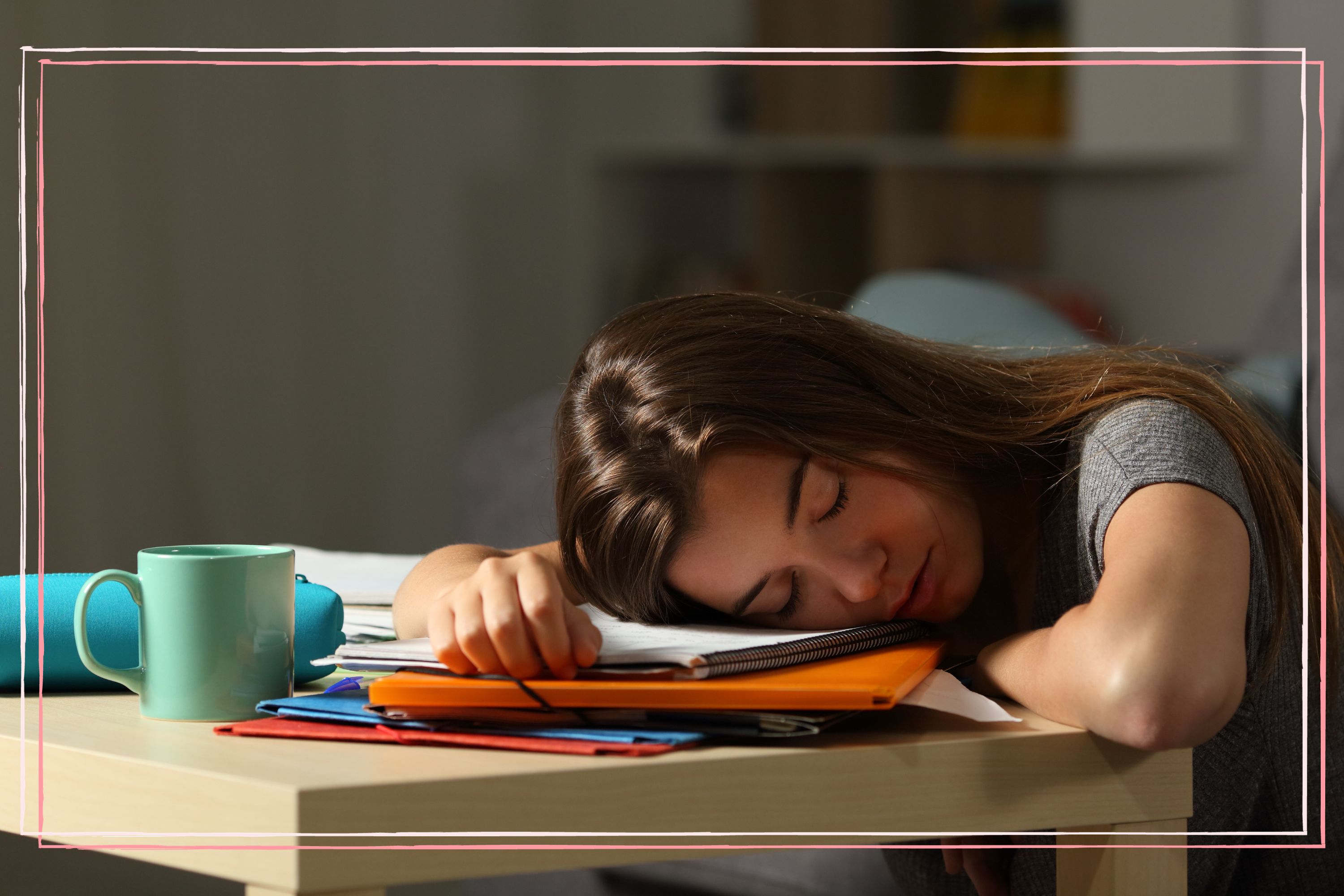
We've asked the experts to explain how much sleep teenagers need, so you can help your children get the right amount of shut-eye.
You might know how much sleep you need (though, as a parent, you're lucky if you get it) and remember your newborn's sleep schedule like the back of your hand, but working out how much sleep your teenager needs is a whole new challenge. Sure, you no longer have to worry about your baby waking at 5am, but teenagers have a tendency to stay up until the small hours, leaving them groggy in the morning before school. It might not make sense to you, but actually, there's a reason why so many young people have this sleep pattern.
Dr Lindsay Browning, psychologist, neuroscientist and sleep expert at And So To Bed, explains, "Teenagers often get much less sleep than they need. This may be because they have far too many distractions such as phones or TV, overscheduled daily routines, and sometimes little supervision. Also, important changes happen to teenagers' circadian rhythm, making them more likely to have sleep loss."
We've spoken to Dr Lindsay and other sleep experts to find out exactly how much sleep teenagers need, as well as some top tips to help your teen get the right amount of shut-eye.
How much sleep do teenagers need?
Dr Lindsay Browning advises that teenagers need between eight and 10 hours of sleep each night. NHS GP and Time4Sleep sleep expert Dr Hana Patel agrees: "Sleep research suggests that a teenager needs between eight and 10 hours of sleep every night, so slightly more than an adult or younger child requires."
She adds, "Anything over eight to 10 hours of sleep for teens could be considered excessive and may cause daytime sleepiness, which can negatively affect interpersonal relationships, extracurricular activities, general health and, for older teens, driving too." However, most adolescents only get about 6.5 to 7.5 hours of sleep per night, and some get even less, explains Dr Hana. Between school, homework, extracurricular activities and, for some, a part-time job too, teenagers are stretched pretty thin, so it's not surprising they need a lot of sleep. But there are actually several developmental reasons why teenagers need more sleep than other age groups.
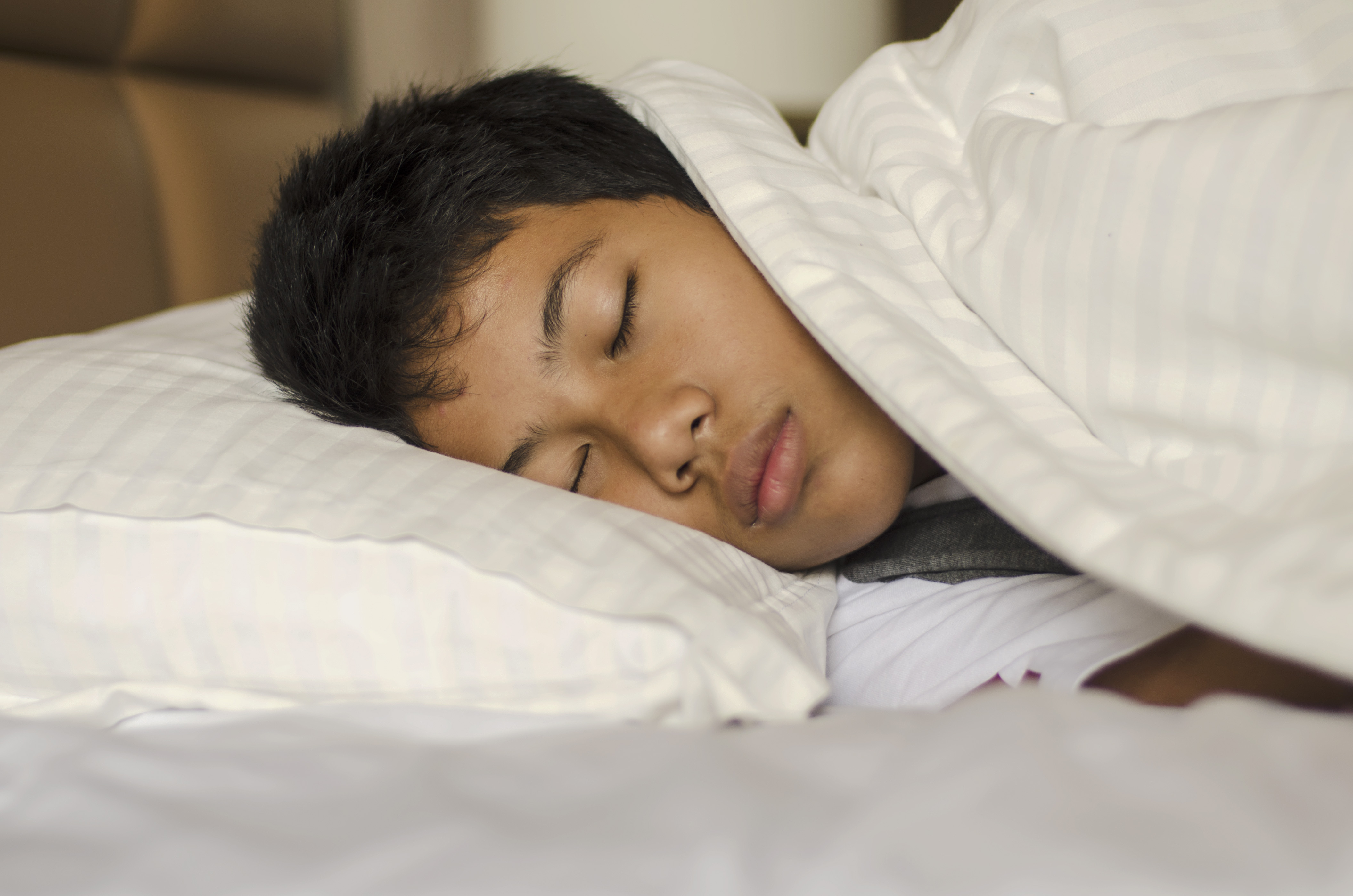
A close up teenage of a teenage by asleep lying on his side in bed
Why is sleep important for teenagers?
Teenagers need plenty of sleep in order to support their rapid physical, intellectual, and emotional development during this stage in their life. Max Kirsten, resident sleep expert for Panda London, explains some of the reasons why adequate sleep is crucial for teenagers:
Parenting advice, hot topics, best buys and family finance tips delivered straight to your inbox.
- Physical growth and development: During adolescence, teenagers experience significant physical growth and development, and sleep is essential for the release of growth hormones.
- Cognitive functioning: Sleep is crucial for cognitive functions such as memory consolidation, problem-solving, and overall mental alertness. Lack of sleep can affect concentration and academic performance.
- Emotional wellbeing: Adequate sleep is linked to emotional regulation and mood stability. Insufficient sleep can contribute to irritability, mood swings, and an increased risk of developing mental health issues.
- Immune system support: Sleep plays a vital role in supporting the immune system, helping the body fight off illnesses and infections.
If you're worried your teenager is getting too little or too much sleep, Dr Hana shares some of the signs and symptoms: difficulty concentrating, hyperactivity, mood and behavioural problems, fatigue and metabolic changes like rapid weight gain and diabetes. Sometimes teens may also complain of symptoms like headaches and migraines.
What time should teenagers go to bed?
Teenagers don't necessarily need a strict bedtime, as long as they're getting enough sleep. What time they should head off to bed depends on their lifestyle, including what time they need to get up in the morning. As sleep expert Max explains: "The optimal bedtime for teenagers can vary based on individual needs and lifestyle factors, but generally teenagers should aim to go to bed early enough to get the recommended eight to 10 hours of sleep before waking up for school or other commitments."
This means that if your teen has to get up at 7.30am to make it to school on time, they should be in bed by 11.30pm at the latest, which is eight hours beforehand. However, it's not quite so straightforward, as psychologist and neuroscientist Dr Lindsay explains: "When children reach their teenage years, their circadian rhythm (which is their internal 24-hour clock) starts to change to move later. This change makes them produce melatonin (the sleep hormone) later than in younger children and in adults," she says.
"This is why teenagers can be perceived as 'lazy' when they sleep in until noon. In teenagers, their circadian rhythm actually changes to make them want to go to bed much later (which is why they may want to stay up until say one or 2am) and then, they may sleep in until 10 or 11am to get enough sleep."
Unfortunately, the school system doesn't cater to teens' biological clocks, because it doesn't allow them to lie in during the morning. And sleeping in late at the weekends isn't the solution either, as Dr Lindsay explains: "If teens are allowed to catch up on sleep and have a long lie-in at the weekend, then their circadian rhythm will struggle to shift earlier to help them fall asleep and wake up in a reasonable time for school come Monday morning. It's similar to jet lag: if they sleep in at the weekend then their circadian rhythm will stay in the later time zone for the school week."
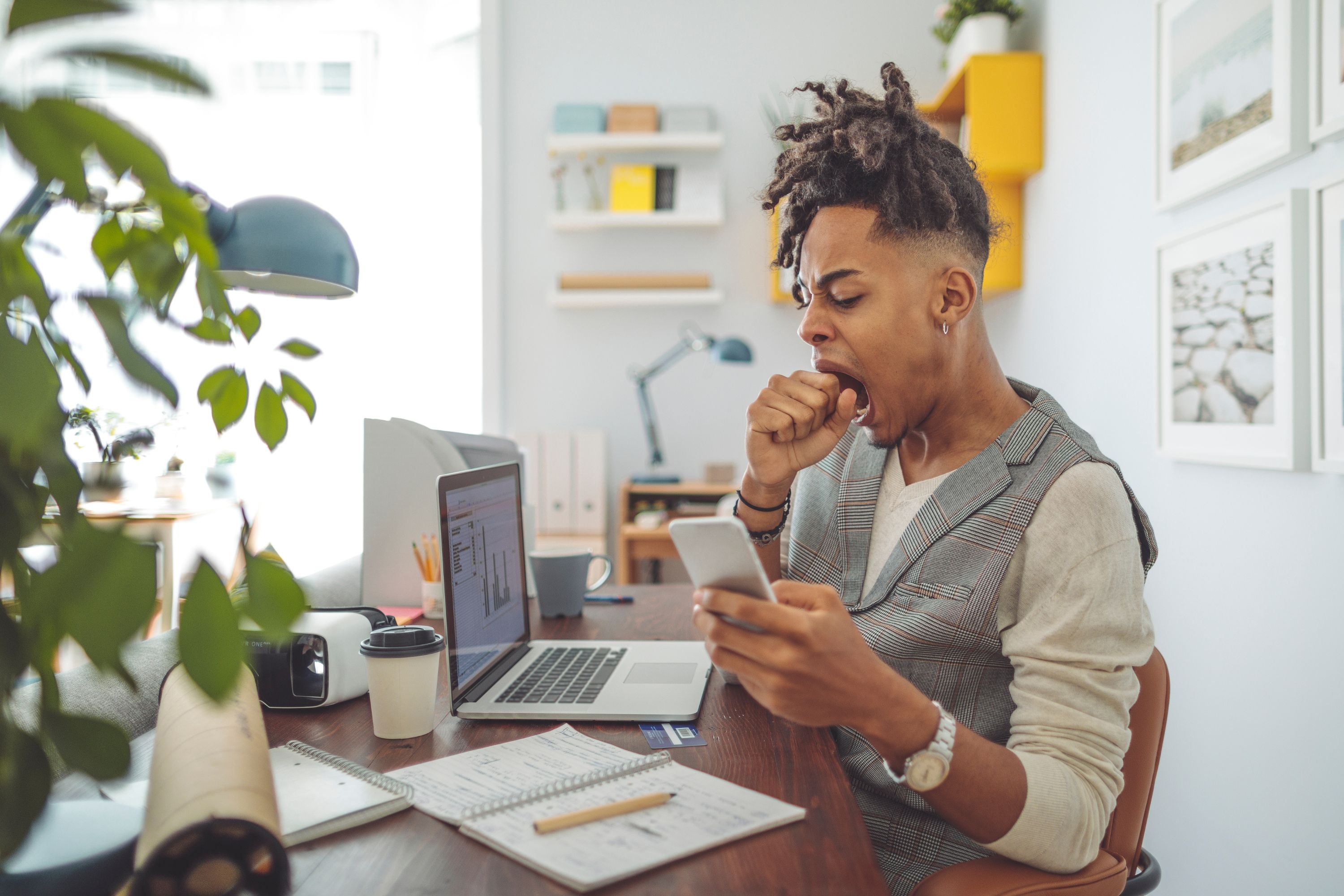
A teenage boy yawning in front of a laptop and school work
How to help you teenager get more sleep
Given that teenagers' circadian rhythms make it difficult for them to get an adequate amount of sleep, you're probably wondering what you can do to help your child stay well rested. Dr Lindsay Browning says, "It is really important therefore that teenagers do things to offset the natural trend towards a later bedtime and later wake time."
Luckily, Max Kirsten has shared some top tips:
- Establish a consistent sleep schedule: Encourage your teenager to go to bed and wake up at the same time every day, even on weekends. Consistency helps regulate the body's internal clock, making it easier to fall asleep and wake up naturally.
- Limit screen time before bed: Discourage the use of electronic devices (phones, tablets, computers) at least an hour before bedtime. The blue light emitted by screens can interfere with the production of the sleep hormone melatonin, making it harder to fall asleep.
- Create a relaxing bedtime routine: Establish a calming routine before bedtime, such as reading a book, taking a warm bath, or practising relaxation techniques. This signals to the body that it's time to wind down and prepares it for sleep.
- Avoid stimulants: Discourage the consumption of caffeinated beverages in the afternoon and evening – stimulants like caffeine can interfere with the ability to fall asleep and stay asleep.
- Limit naps and nap timing: If your teenager needs to nap, encourage short naps (20-30 minutes) earlier in the day, as long or late-afternoon naps can disrupt nighttime sleep.
- Create a comfortable sleep environment: Ensure the bedroom is dark, quiet, and cool for optimal sleep conditions. Comfortable bedding and a supportive mattress can also contribute to better sleep quality.
- Encourage physical activity: Regular exercise can promote better sleep, but note that it's essential to finish exercising a few hours before bedtime.
Dr Lindsay suggests getting bright light exposure early on in the day as another tip, so opening the curtains as soon as they're up and walking to school (if you live close enough) can also help. She also says that teens who struggle to sleep should cut out or drink less caffeine. "Caffeine has an average half-life of about six hours, meaning teens should ideally stop consuming it at least six hours before bedtime," she explains.
We spoke to the following experts:
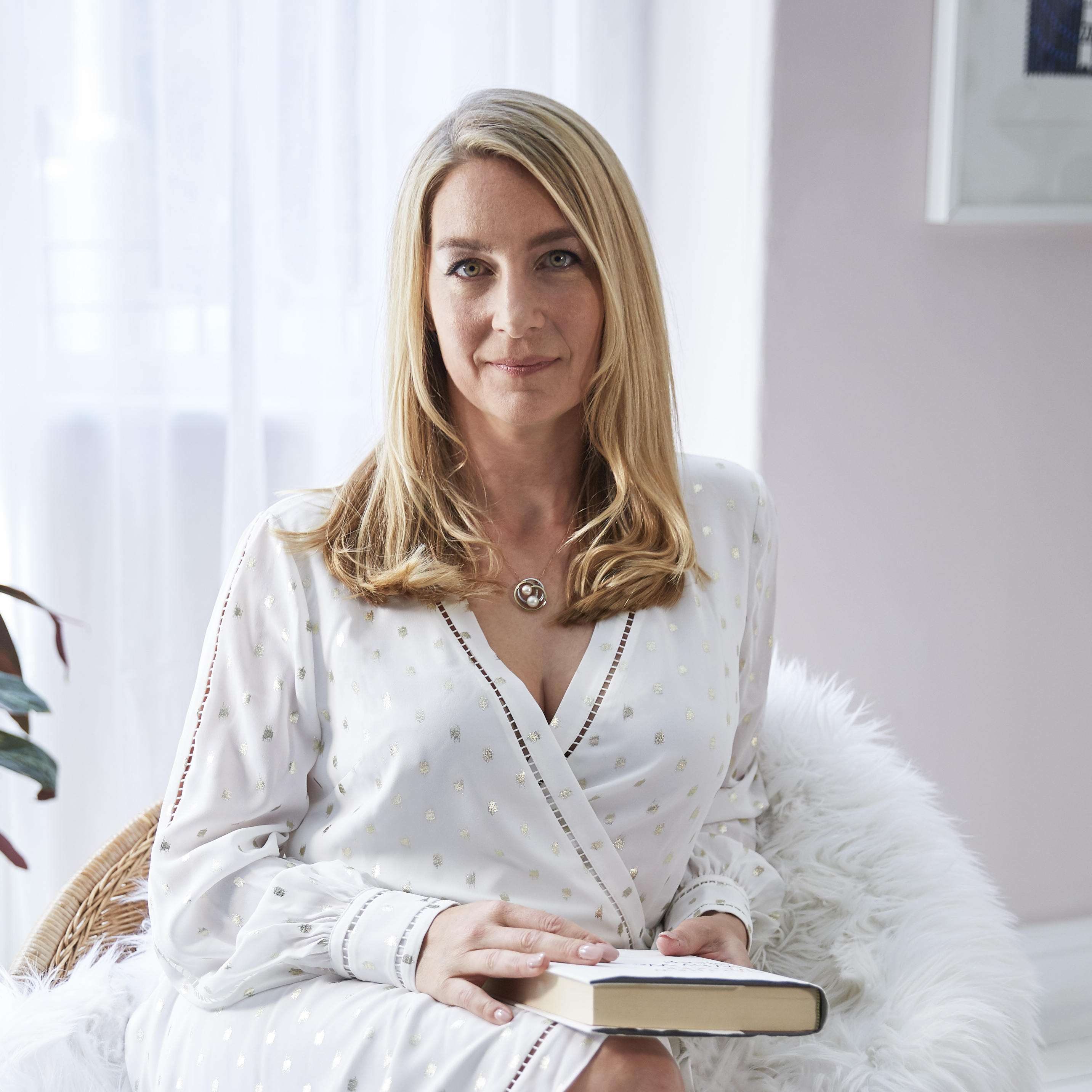
Dr Lindsay Browning is a sleep expert for And So To Bed, author of the self-help sleep book, Navigating Sleeplessness and can be found on social media @DrBrowningSleep.
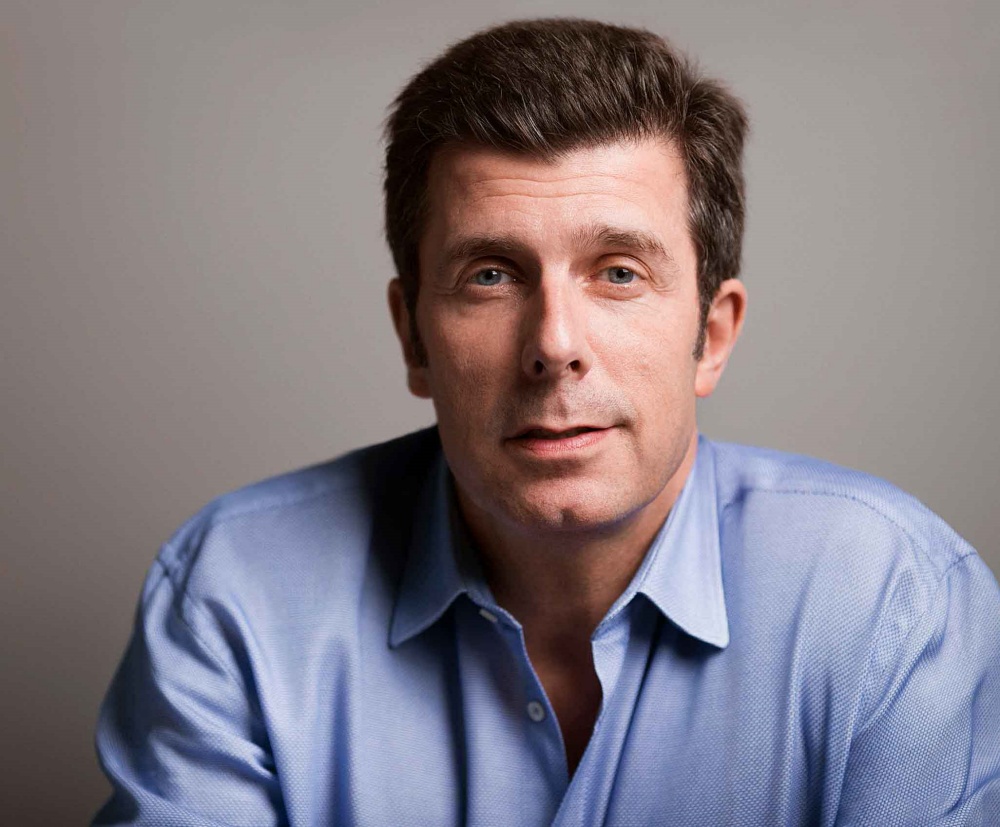
Max is London’s award-winning leading sleep coach. He helps clients implement long-term changes to their sleeping habits, specialising in curing insomnia and other anxiety-related sleep problems. He regularly speaks internationally about the importance of sleep and ways to improve it.

After completing her medical training at the University College London in 2005, Dr. Hana Patel became a member of the Royal College of General Practitioners in 2010 and went on to achieve post graduate qualifications in Family Planning, Women’s Health, Elderly Medicine, ILM 5 Executive Business Coaching and Mentoring and a Masters' degree in Medical Education.
Dr Patel now works as an NHS and private GP specialist in mental health and sleep and is passionate about supporting patients struggling with sleep-related health issues, having previously provided commentary on a range of sleep-related topics using her expertise.
Continue reading
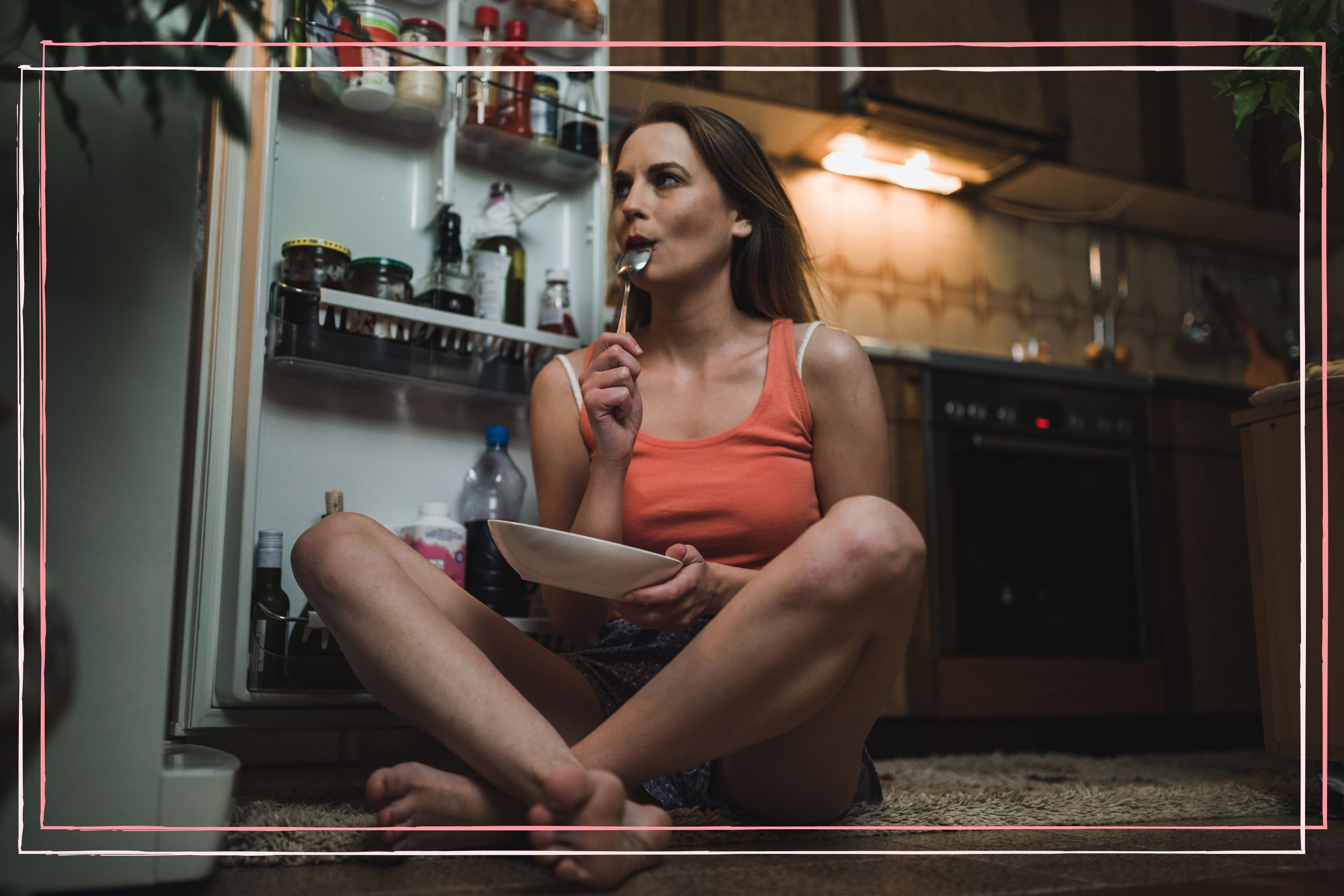
17 expert-approved foods for sleep to help tired parents get a better night's rest.
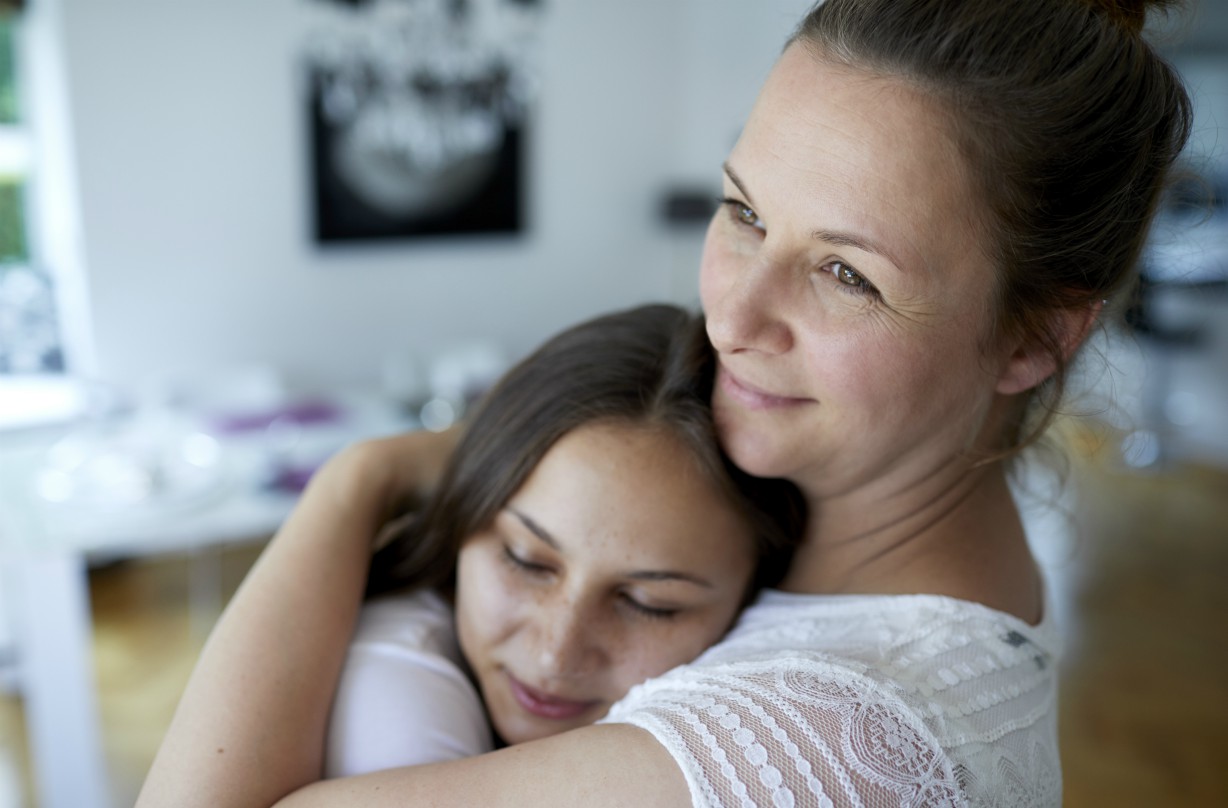
Navigating the teenage years can be tricky - here's our advice on how best to handle some common struggles.
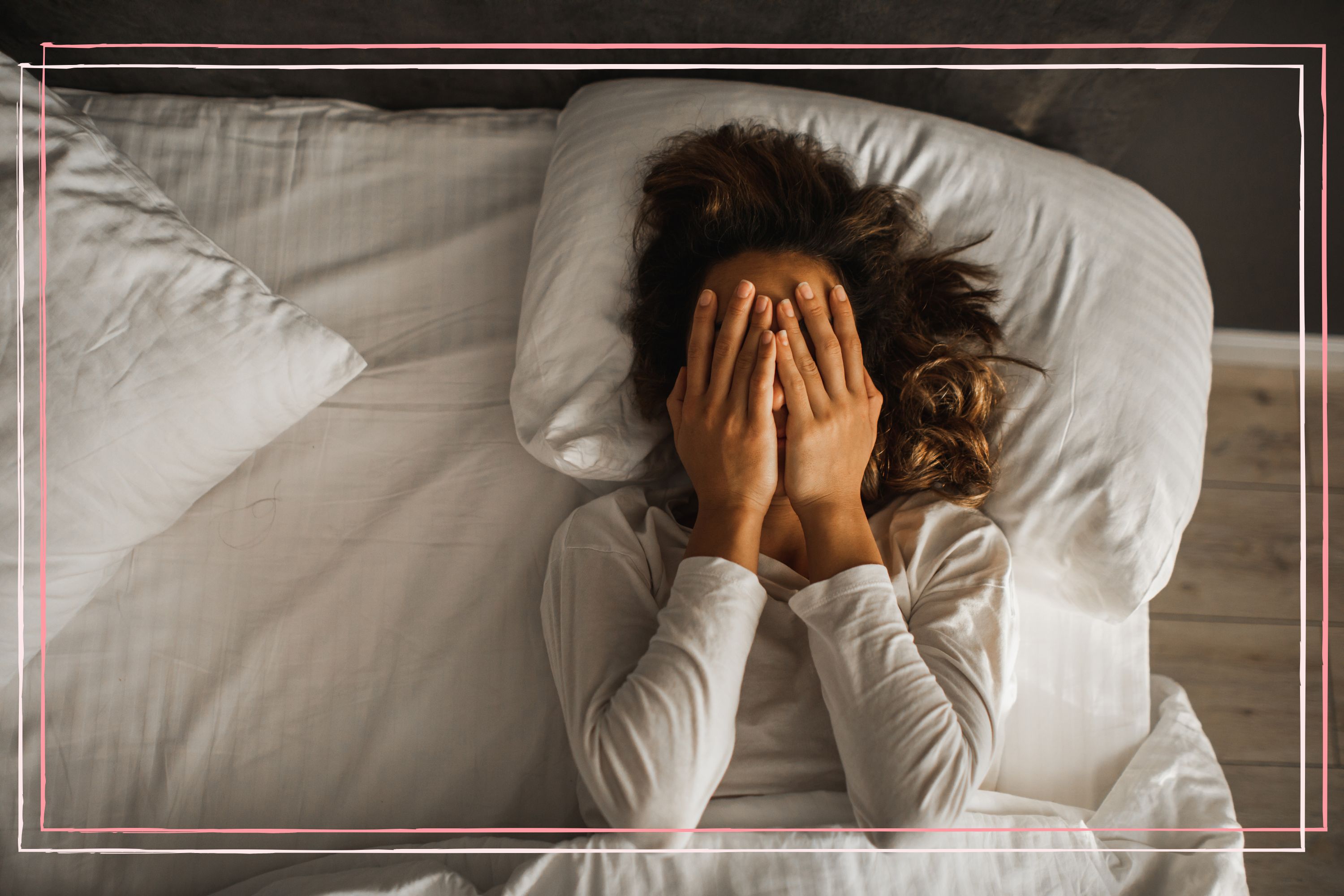
We've rounded up 15 ways to fall asleep fast when you've been tossing and turning all night.

Ellie is GoodtoKnow’s Family News Editor and covers all the latest trends in the parenting world - from relationship advice and baby names to wellbeing and self-care ideas for busy mums. Ellie is also an NCTJ-qualified journalist and has a distinction in MA Magazine Journalism from Nottingham Trent University and a first-class degree in Journalism from Cardiff University. Previously, Ellie has worked with BBC Good Food, The Big Issue, and the Nottingham Post, as well as freelancing as an arts and entertainment writer alongside her studies. When she’s not got her nose in a book, you’ll probably find Ellie jogging around her local park, indulging in an insta-worthy restaurant, or watching Netflix’s newest true crime documentary.